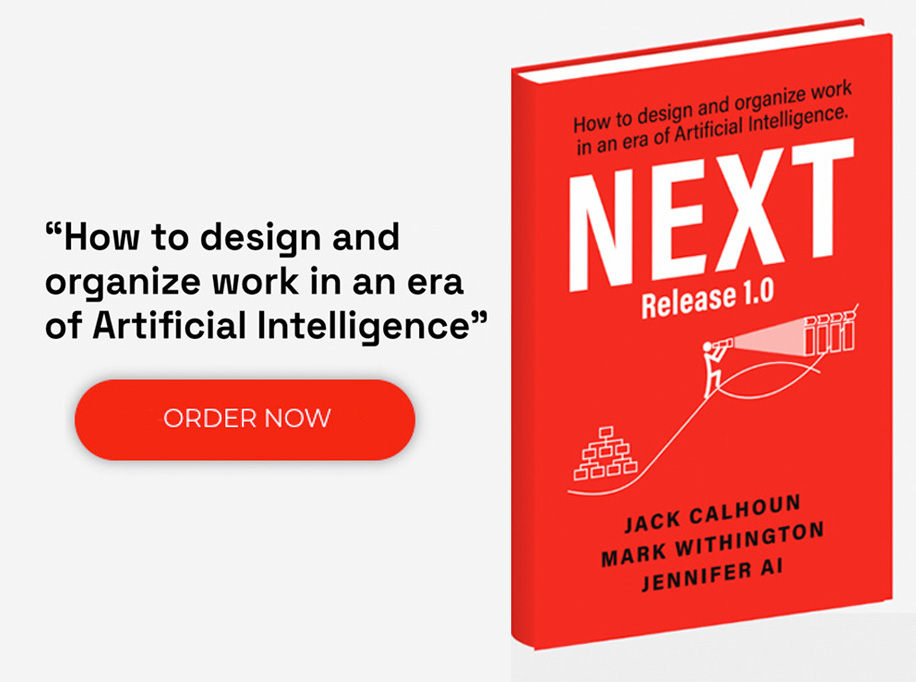The financial industry is experiencing astounding technological disruption. With AI spending in finance projected to surge to over $126 billion by 2028 (up from $35 billion in 2023), the industry is witnessing a fundamental reimagining of its core functions. The question is no longer whether to transform but how to do so most effectively. In this guide, we discuss the critical challenges, compelling benefits, and strategic approaches to navigating digital transformation in the finance sector.
Understanding Digital Transformation in Finance
The emergence of transformative technologies, particularly artificial intelligence, has fundamentally changed the financial industry. Unlike the programmable disruptors of the past—client-server architecture, Enterprise Resource Planning systems, and eCommerce platforms—today’s AI-powered digital transformation represents a paradigm shift from “automation technologies” to “transformation technologies.”
Traditional digital systems are rule-based, following explicit instructions defined by software engineers. They’re static in behavior with predetermined outputs that don’t change unless the code is modified. AI, however, is data-driven—learning from data, identifying patterns, adapting its performance, and handling ambiguity. It can address problems with complex, nuanced patterns and uncertain outcomes that would be impossible for traditional systems.
What is Driving Digital Transformation in Finance?
Competitive Pressure and Information Asymmetry
The financial sector is experiencing a “big shakeout” between companies effectively adopting AI into their business models versus those that don’t. AI creates a disruptive competitive advantage by analyzing data at speeds and scales beyond human capability, leading to significant information asymmetry.
Customer Expectations for Personalized Experiences
Customers are no longer satisfied with generic financial services. They crave personalization, clarity, and convenience. The customer experience has emerged as the dominant application of generative AI, with 60 percent of financial services respondents prioritizing this area in 2024—a dramatic increase from 25 percent in 2023.
Operational Efficiency Demands
Financial institutions are constantly pressured to improve operational efficiency while managing increasing compliance burdens. AI delivers the greatest value through operational efficiencies, according to a 2024 industry survey. Desires for improved operations led to AI adoption with a 48 percent rate.
Regulatory and Compliance Requirements
The financial services industry faces some of the most stringent regulatory environments in the global economy. AI is increasingly deployed to navigate this complex landscape, with risk and compliance functions showing the second-highest reason for AI adoption at 45 percent.
Data Analytics Opportunities
Data analytics maintained its position as the leading AI application among financial services firms in 2024, with 57 percent of companies leveraging AI for this purpose. The ability to extract meaningful insights from vast datasets represents a fundamental competitive advantage in financial services.
Common Challenges of Digital Transformation in Finance
Security and Data Privacy Concerns
In 2024, security and data privacy concerns emerged as the leading challenges for banks adopting artificial intelligence, with almost 40 percent of respondents identifying these as primary obstacles. Financial institutions handle highly sensitive customer information, making data security not just a technical concern but a fundamental matter of trust and regulatory compliance. The paradox of AI is that while it requires access to vast amounts of data to function effectively, this same data concentration creates potential security vulnerabilities.
Skills Gap and Talent Shortage
Closely following security concerns, 33 percent of survey participants highlighted the lack of AI skills or expertise among the workforce as another critical impediment to AI implementation. The specialized knowledge required to implement, manage, and optimize AI systems creates a significant talent challenge for many financial institutions.
This skills gap is exacerbated by the rapid pace of technological change, making it difficult for organizations to maintain the in-house expertise necessary to capitalize on AI’s potential. Recruiting and retaining AI talent remains a pressing concern, impeding the sector’s full realization of AI’s potential.
Difficulty Measuring Return on Investment
Thirty percent of financial services respondents cited difficulty measuring return on investment as a significant challenge. The transformative nature of AI makes it inherently more difficult to measure using traditional ROI frameworks, which often focus on cost reduction rather than value creation.
Many of AI’s benefits—such as improved customer experience, enhanced decision-making, and new business model possibilities—create value in ways that are difficult to quantify using conventional metrics. This measurement challenge can make it difficult to justify continued investment in AI initiatives. (We address this, in part, with our Customer Obsession Yield Number that provides real-time visibility into customer behavior, satisfaction levels, and business performance.)
Ethical Risks and Biases
Ethical considerations represent another major challenge, with 28 percent of respondents citing ethical risks as a concern. AI systems can inadvertently perpetuate or amplify existing biases in data, leading to potentially discriminatory outcomes in areas like lending decisions or customer service prioritization. Financial institutions must implement robust governance frameworks to ensure their AI systems operate fairly and ethically, while still delivering business value.
Data Silos and Quality Issues
Twenty-seven percent of respondents identified data silos as a significant obstacle to AI implementation, while 22 percent cited poor data quality. AI systems are only as good as the data they’re trained on, making data quality and accessibility fundamental prerequisites for successful implementation.
Many financial institutions struggle with fragmented legacy systems that create data silos, limiting the comprehensive view necessary for AI to deliver maximal value. Breaking down these silos while ensuring data quality represents a major challenge for many organizations.
Key Benefits of Digital Transformation in Finance
- Improved Customer Experience and Engagement: AI helps institutions deliver personalized financial advice, streamline customer onboarding, and provide 24/7 service through intelligent virtual assistants. Customer relationships shift from transactional to consultative, with more opportunities for engagement and loyalty.
- Operational Efficiency and Cost Reduction: AI lowers costs while improving service quality by automating routine tasks, streamlining workflows, and identifying inefficiencies.
- Improved Risk Management and Compliance: AI technology can analyze vast datasets to identify potential risks, detect anomalies that might indicate fraud, and promote regulatory compliance across multiple jurisdictions.
- Data-Driven Decision Making: AI helps institutions transform raw data into actionable insights, supporting more informed decision-making at all organizational levels.
- Competitive Advantage and Innovation: Financial institutions can develop new offerings and business models, from hyper-personalized financial products to innovative payment solutions.
Streamline Digital Transformation in Finance with Accelare
In the age of digital disruption, financial institutions must be their number one competitor, constantly identifying new opportunities to run, improve, and transform themselves. As Joseph Schumpeter’s concept of “Creative Destruction” reminds us, the companies that succeed will be those that proactively disrupt their own business models before external forces do it for them.
At Accelare, we help financial institutions navigate this complex transformation journey with a proven framework that aligns value proposition, business model, and operating model to create the agility necessary for continuous reinvention. Begin your digital transformation with us by taking a free, quick assessment of your organization’s digital disruption exposure across four critical domains:
- Value Innovation & Customer Experience
- Operational Innovation & Agility
- Organizational Engagement
- Financial Health
Leverage our expertise for your digital transformation journey!











